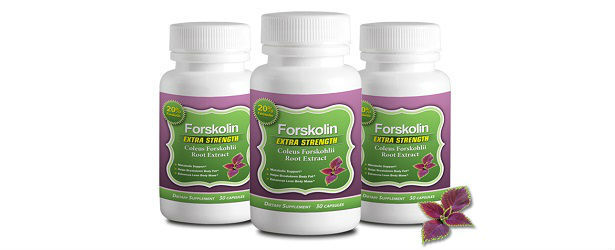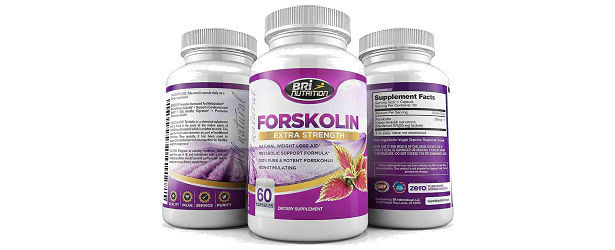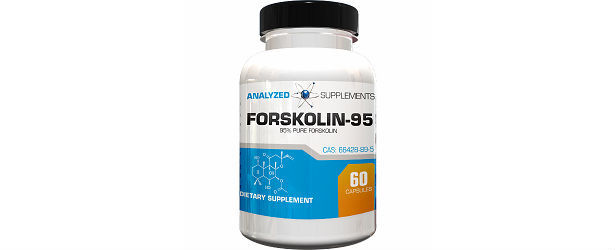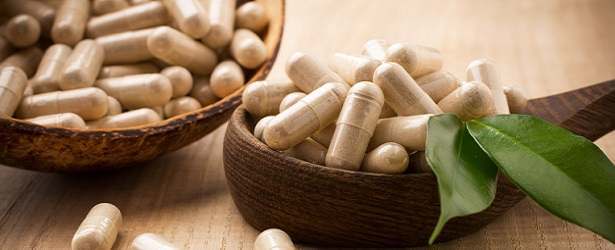
Forskolin – An Ancient Remedy Or A Modern Dietary Tool?
Forskolin is a potent herbal extract obtained from Cecoleus Forskohlii, a member of the wide ranging mint family. Forskolin herbal remedies date back over thousands of years. It is widely known as a heal-all Ayurvedic medicine in traditional Hindu culture. Forskolin is commonly used in the treatments for allergies, infections, abdominal diseases, eye disorders, respiratory diseases and dermatological problems.
What Does Forskolin Look Like?
The plant has a small size, approximately one to two feet long, with gleaming green leaves featuring a splotch of purple in the middle. You will frequently see a light purple or blue flower blossoming from a stem. While leaves are pretty to look at, it is the root which has the magical curative properties. The roots contain many medicinal substances and unique functional elements.
Where Does It Grow?
It is commonly found in locations with a subtropical climate such as Thailand, India, Nepal and Sri Lanka.
Why Is Forskolin Being Touted As A Modern Dietary Tool?
In western countries Forskolin only became commercial when a Finnish botanist named Forskal discovered the plant in the year of 1974. US National Library of Medicine issued a clinical study stating that Forskolin can be used to lose weight. During the investigation, they unearthed the fact that it can burn fat and reduce Body Mass Index. They also discovered that Forskolin increases bone mass simultaneously.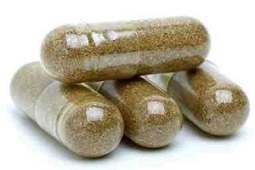
Ingredients Found In Forskolin
Forskolin features the following ingredients:
- 20% Coleus Forskohlii Root
- Yielding 50 mg
- Active 10% Forskolin
Dose Of Forskolin
The maximum oral dose of Forskolin supplement is 500 mg.
Side Effects Of Forskolin
Adverse effects of Forskolin are hypotension (low blood pressure), headache, irregularity in heart rate (arrhythmia), and high levels of testosterone, sore throat and tremors.
Contraindications
Forskolin is potentially dangerous in heart and cardiovascular diseases and blood disorders. Furthermore, it is important to stop any herbal medicine at least two weeks before surgery.
Although there is no evidence of teratogenicity and toxicity, women who are expecting or nursing should take no chances and avoid Forskolin.
Is Forskolin Expensive?
 Forskolin costs more compared to other herbal medicines. There are many manufacturers in the market and they have their own rates. Price also depends upon the potency of drug and its popularity. Beware of sellers who are selling the drug too cheap or too expensive. Before you buy Forskolin, do your research and consult your physician.
Forskolin costs more compared to other herbal medicines. There are many manufacturers in the market and they have their own rates. Price also depends upon the potency of drug and its popularity. Beware of sellers who are selling the drug too cheap or too expensive. Before you buy Forskolin, do your research and consult your physician.
What If Forskolin Doesn’t Work?
If you achieve unsatisfactory results with Forskolin, there is nothing you can do about it. Companies producing Forskolin make no guarantee as to the accuracy and effectiveness of supplement.
Does Forskolin Really Work?
There are limited clinical trials about the weight loss effects of Forskolin. Clinical studies with overweight subjects have proved that its mechanism of action causes an increase in cAMP levels which in turn boosts the natural fatty acid metabolism. To date, we have no consistent and authentic results. It is hard to say whether Forskolin work the same way in every patient. Concluding the review, Forskolin does promote weight loss in a number of people, but we can’t be sure of its consistency until we have more proof.
TOP 5
FORSKOLINExtracts |
|||||
| Forskolin Premium | Bauer Forskolin 250 | Hedron Ultra Trim | Forskolin Forte | Ever Young ForskolinEdge | |
|---|---|---|---|---|---|
| 1 | 2 | 3 | 4 | 5 | |
| Price (1 bottle) Price (4 bottles) *Best Value |
$48.00 $138.00 |
$34.95 $209.70 |
$34.87 $209.22 |
$28.40 $170.40 |
$49.99 $299.94 |
| Overall Rating | 99.30% | 80.00% | 72.80% | 68.50% | 64.30% |
| Effectiveness |





|





|





|





|





|
| Speed of Results | Extremely Fast | Good | Fair | Average | Slow |
| Quality of Ingredients | Premium | Good | Good | Average | Average |
| Customer Satisfaction Evaluation | 99.10% | 79.90% | 75.00% | 67% | 62.00% |
| Safety Evaluation | Safe for Use | Safe for Use | Safe for Use | Safe for Use | Safe for Use |
| Customer Service Rating |





|





|





|





|





|
| Reorder Rate | Highest | Good | Good | Average | Average |
| Return Policy | Risk Free | Risk Free | Risk Free | Risk Free | Risk Free |
| Success Rate | 99.00% | 78.80% | 71.30% | 68.00% | 62.80% |

 Subscribe Now
Subscribe Now




